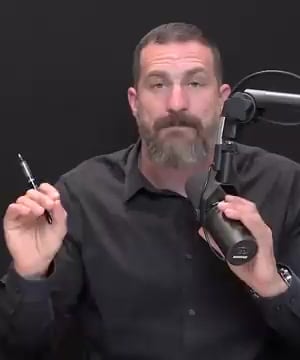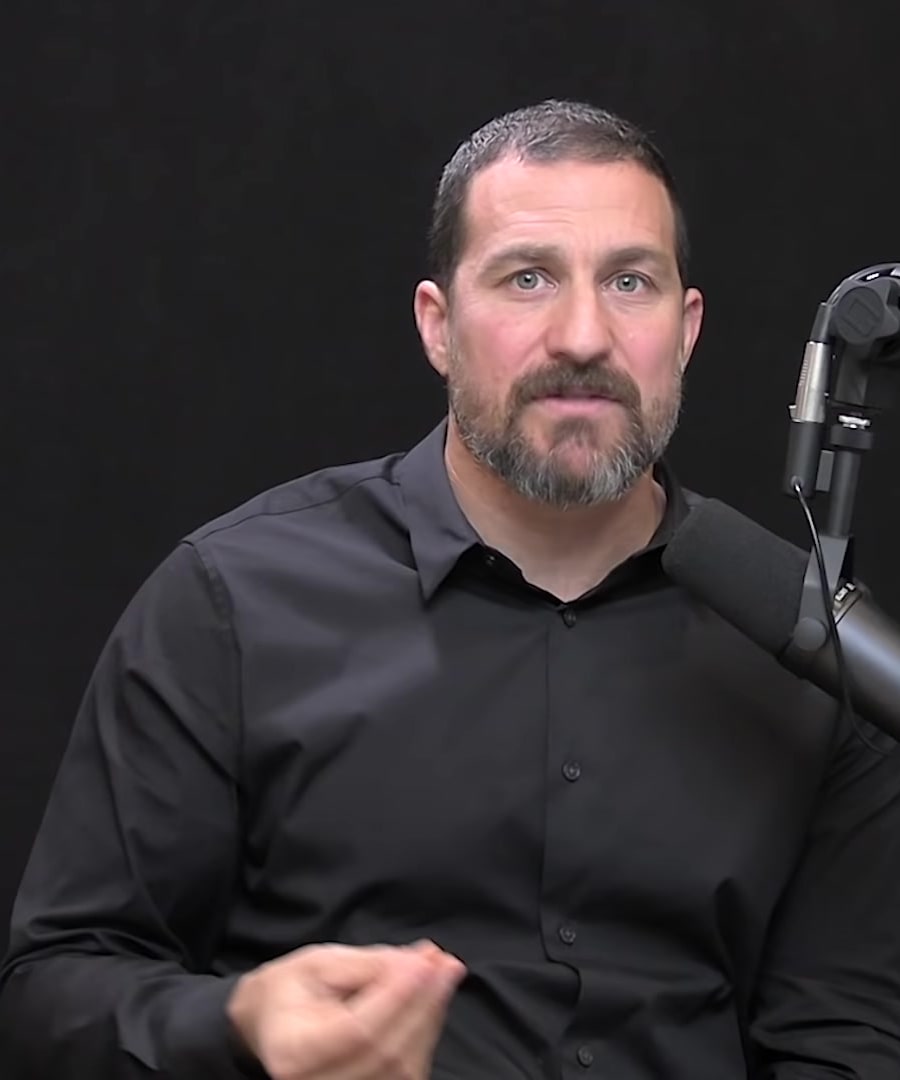Some words or imagination for relaxation of mind with deep sleep just before sleep
Sources:
To promote relaxation and deep sleep before bedtime, you can incorporate the following practices and concepts based on insights from the Huberman Lab podcast. These suggestions can help calm your mind and prepare you for restorative sleep.
1. Wind Down Routine
Establish a calming wind-down routine to signal your body that it's time to sleep. This might include:
- Reading a book or listening to a calming podcast.
- Light stretching or gentle yoga to relax your muscles.
- Meditation or deep breathing exercises to quiet your mind.
Matthew Walker emphasizes the importance of gradually transitioning into sleep, much like decelerating a vehicle before coming to a stop. This helps prepare the body physiologically for rest 1.
2. NSDR (Non-Sleep Deep Rest)
Engaging in NSDR techniques can quickly bring about a state of deep relaxation and prepare you for sleep. This includes:
- Yoga Nidra practices, which guide you into a deep state of rest while awake, replenishing energy and promoting relaxation.
- Listening to NSDR scripts, which can be found for free online. These short sessions can fit into your schedule and may help you feel refreshed and ready for sleep 2 3.
3. Use of Hypnosis Apps
Consider trying hypnosis techniques, which can effectively guide you into a deeply relaxed state. The Reveri app, for example, provides scientifically supported hypnosis scripts that help focus your mind and promote relaxation. These sessions are typically short, ranging from 8 to 13 minutes, and can serve as a powerful tool for enhancing your ability to fall asleep and improve your sleep quality over time 4 2.
4. Mental Visualization
Instead of counting sheep, try a mental walk through familiar surroundings. Matthew Walker suggests vividly recalling your daily routes, paying attention to specific details. This technique can distract your mind from stressors and help you fall asleep faster: 1.
5. Focus on Breathing
Incorporate breathwork to help control your physiological state. Slow, deliberate breathing can activate your parasympathetic nervous system, promoting calmness. Techniques focused on exhaling can further emphasize relaxation and prepare your body for sleep 5.
Conclusion
Combine these practices into your bedtime routine to cultivate a peaceful mindset conducive to deep sleep. Explore methods like NSDR, hypnosis, and visualization as effective ways to unwind and prepare for restorative rest.
RELATED QUESTIONS
Some words or imagination for relaxation of mind with deep sleep just before sleep
- RELATED QUESTIONS



